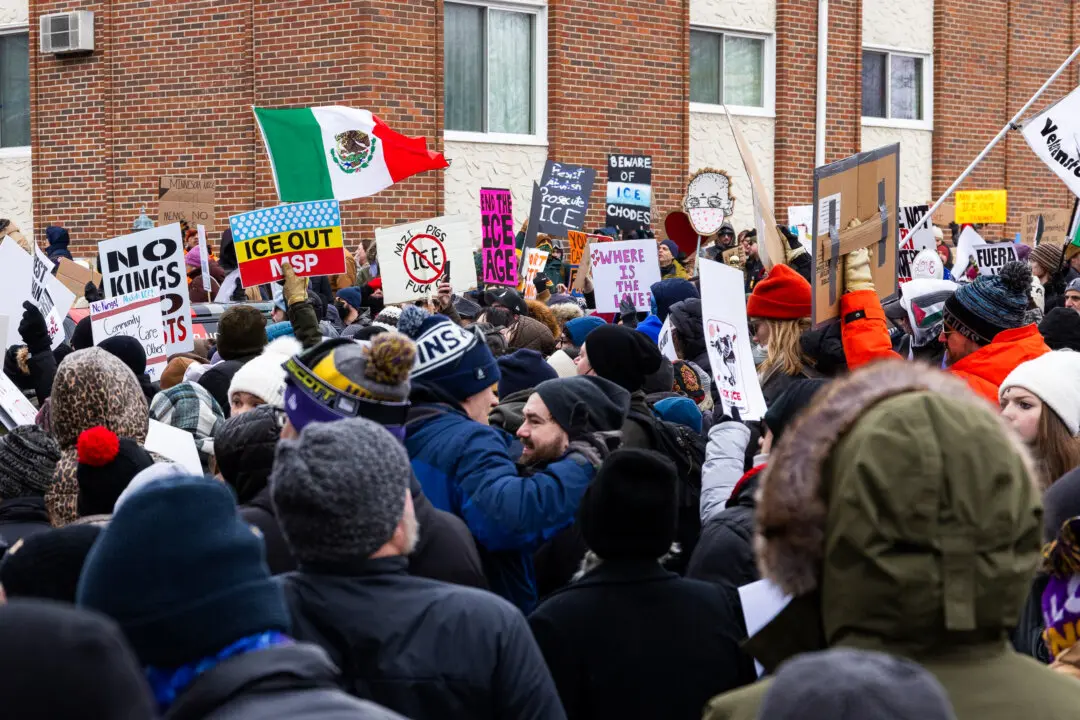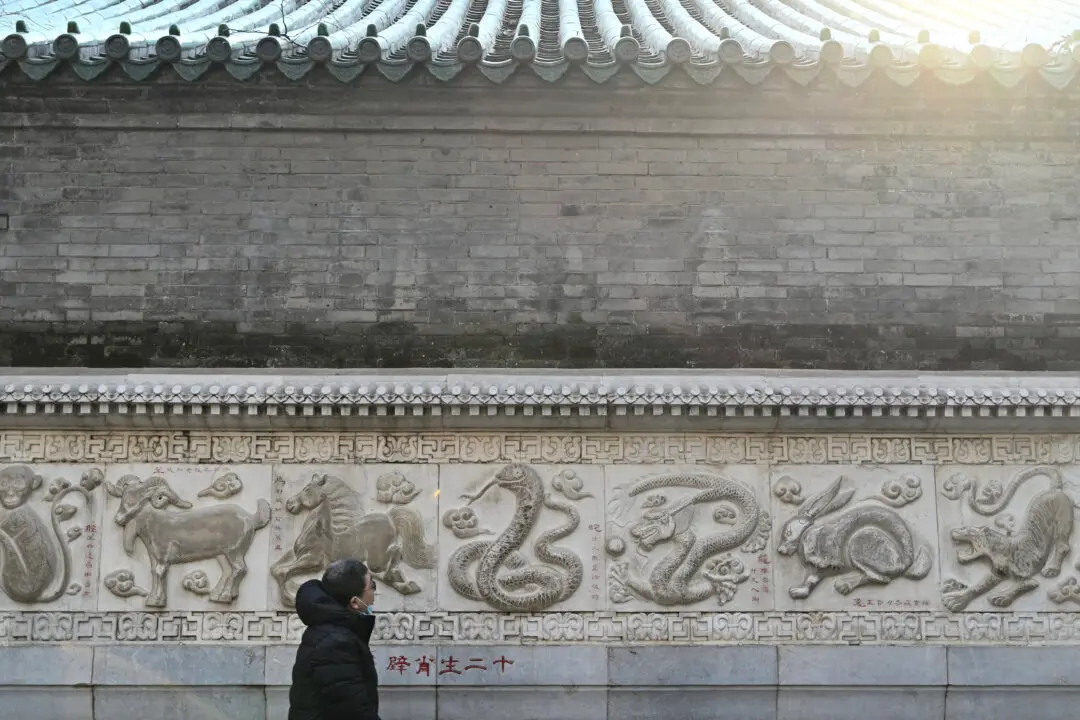Commentary
On 7 March, Chinese state-run media reported new Chinese Foreign Minister Qin Gang stating that China would follow the principles of “peaceful coexistence” (Russian: Mirnoye sosushchestvovaniye) in relations with the United States. The ghost of Nikita Khrushchev must be whispering in Qin’s ear (and also his master, Xi Jinping’s ear) because that was a Soviet psychological operation intended to anesthetize the United States and the West for decades during the Cold War.





